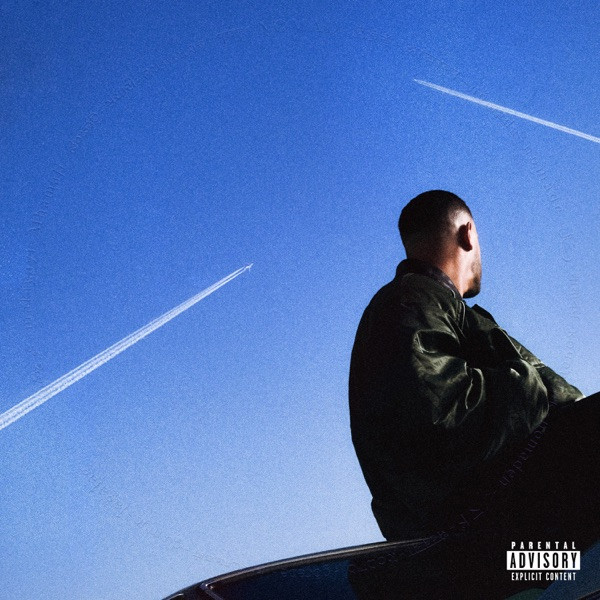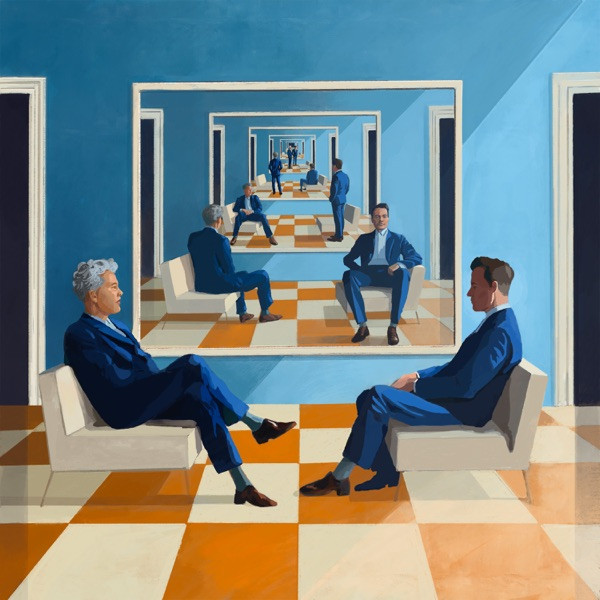
MGK reveals his struggles with depression, the support of friends, and a moving collaboration with Megan Fox on his new album Lost Americana
Machine Gun Kelly, better known as MGK, has never been afraid to show his scars. But with his new album Lost Americana, the pop-punk star is opening up in ways that reveal not just his artistry, but his humanity. In a candid conversation at Apple Music Radio’s new Los Angeles studio alongside Travis Mills, MGK spoke about battling depression, feeling “unwanted and lost,” and ultimately rediscovering freedom through music, friendship, and raw self-expression.
Reflecting on the darkest moments of his creative journey, MGK admitted that working on the album felt like carrying the weight of isolation. “I felt like nobody wanted me around. I was trapped in my own head, waiting for people to find a reason to tear me apart,” he said. The honesty in his words resonated deeply — proof that even artists at the top of their game struggle with the pressure of public perception.
Yet, for MGK, Lost Americana became an act of liberation. He described it as a process of cutting the chains from his mind and body. “For the first time in years, I felt light. I felt closer to my friends, closer to my fans. I wasn’t creating for validation — I was creating because it felt real again.”
Unlike his past album launches, MGK didn’t celebrate Lost Americana with a stadium show. Instead, he went back to his roots — the Midwest. For him, this “forgotten land” is where independent record stores, small bars, and local music scenes still thrive. “That’s where people go to escape when times are hard,” he explained. “That’s the foundation I wanted to honor. That’s where I came from.”
The album itself, he revealed, was built like a road trip — an emotional journey of leaving bad news behind and moving forward without carrying baggage. “It’s simple, it’s raw, it’s honest,” he said. Unlike past projects where he leaned into the idea of “no happy endings,” this time, he allowed himself to see a way forward.
Still, the process wasn’t free of pain. MGK admitted there were days of complete withdrawal, when he barely left the house. He felt out of place, questioning his purpose. But through collaboration with friends he hadn’t worked with in nearly six years, he began to rediscover joy in creation. “I’m not built for industry pop. I’m a rebel. I’m an outsider. And I’m free,” he declared.
One of the most personal tracks on the album is “Orpheus,” co-written with Megan Fox. MGK revealed that the song was inspired by handwritten notes the couple exchanged over the years, as well as the profound grief of experiencing a miscarriage together. That heartbreak, he said, gave birth to words that felt almost divine. “There was something miraculous in the way those lines came to life,” he explained, his voice heavy with emotion.
But MGK was quick to emphasize that his art shouldn’t always be tied to pain. He admitted to moments of shame, like spending holidays in a recovery center, speaking to his daughter over the phone instead of being present with her. Those memories, he said, pushed him to change. “I don’t want my future albums to be born only out of trauma. I don’t want to live in that Van Gogh mentality where art has to come from suffering.”
When asked about legacy, MGK’s answer was strikingly simple. He doesn’t crave grandeur. “I don’t want them to say anything about me. I’m just one grain of sand in a trillion. What matters is the people I’ve met, the two daughters I’m raising who’ll be better than me, and the inspiration I can give others to love themselves — even when the world feels like it’s dragging them down.”
Lost Americana isn’t just another record. It’s MGK’s declaration of freedom — from self-doubt, from outside expectations, and from the weight of pain. It’s the sound of an artist who has found a way to move forward, not by erasing the past, but by embracing it with honesty. And for his fans, it’s a reminder that even in the darkest times, there’s a road ahead — one worth traveling.





